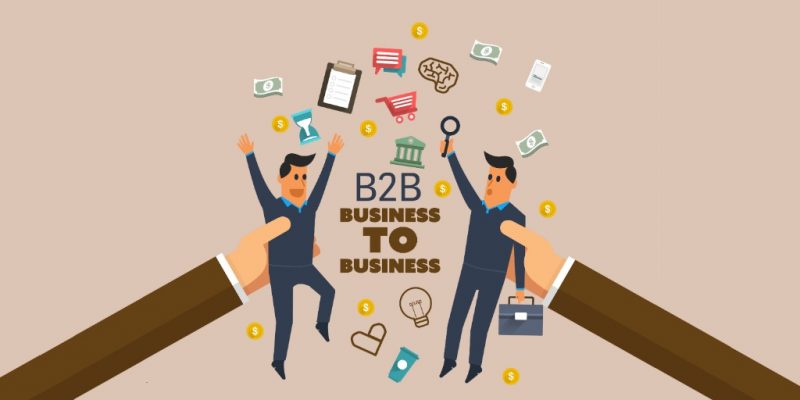Understanding the B2B Landscape

In the dynamic world of business, B2B marketing emerges as a unique frontier, a realm where companies don’t sell to individuals but to other businesses. This creates a distinctive ecosystem where the buyer-seller relationship is redefined by the complex needs of businesses and their extended decision-making process. Understanding this landscape is fundamental to creating effective B2B marketing strategies.
From the get-go, it’s essential to remember that the buyer in a B2B scenario isn’t a singular entity. It’s an organization comprised of various stakeholders – each having different needs and concerns. Hence, successful B2B marketing relies on understanding these complex dynamics and tailoring your approach to meet the diverse demands of your target businesses.
Building Trust in the B2B Realm
In B2B marketing, trust and credibility hold a paramount place. Establishing a strong reputation in your industry can be the key that unlocks new business opportunities. To cultivate this trust, a company must focus on quality, reliability, and consistent communication.
Developing educational content, showcasing testimonials, and demonstrating your expertise are all methods to nurture trust. Besides, offering unparalleled customer service can seal your reputation as a reliable partner, further enhancing your business relationships.
Key Strategies in B2B Marketing
- Content Marketing: Providing insightful, relevant content not only helps establish your brand as a thought leader but also assists your clients in making informed decisions.
- SEO and SEM: Enhancing your online visibility through search engine optimization (SEO) and search engine marketing (SEM) is crucial in the digital era.
- Social Media: Although traditionally seen as a B2C tool, social media platforms like LinkedIn can be instrumental in creating business networks and promoting your services.
- Personalization: Just like in B2C, personalized marketing experiences can yield tremendous results in the B2B realm. Using data analytics to customize your offerings can be a game-changer.
- Email Marketing: Despite the surge of new digital platforms, email remains a powerful tool for direct communication with your clients, especially for sharing comprehensive information and personalized offers.

The Role of Digital Transformation in B2B Marketing
As we venture deeper into the digital age, B2B marketing continues to evolve. Technologies such as Artificial Intelligence (AI), Big Data, and Machine Learning are shaping the way businesses interact. These tools offer unprecedented capabilities to analyze market trends, understand consumer behavior, and customize offerings. By harnessing these digital tools, businesses can create highly targeted marketing strategies that yield better results and enhance customer satisfaction.
The Future of B2B Marketing
Looking ahead, the future of B2B marketing is dynamic and ripe with opportunities. As technology continues to evolve, so will the ways businesses interact with each other. Marketers will need to stay abreast of these changes and adapt their strategies accordingly.
Embracing an experimental mindset and being willing to innovate are critical. As the landscape becomes increasingly customer-centric, it will be essential to place the needs and experiences of your business clients at the heart of your marketing strategies. The future belongs to those who can blend the innovative with the reliable, creating lasting relationships in the ever-evolving world of B2B marketing.
